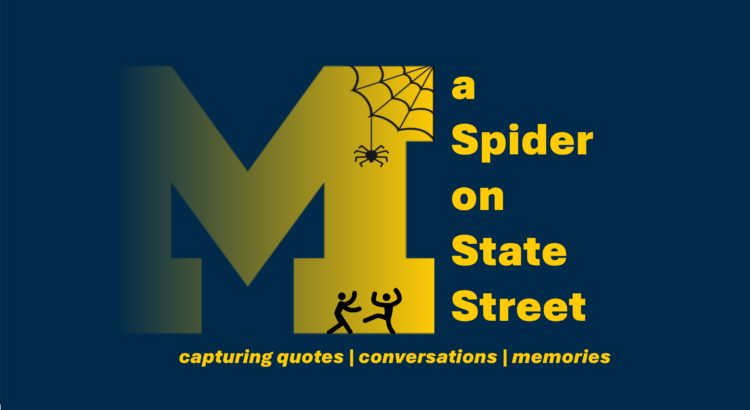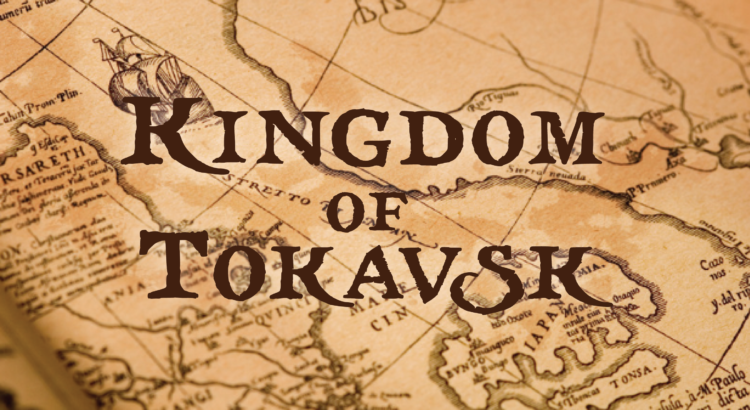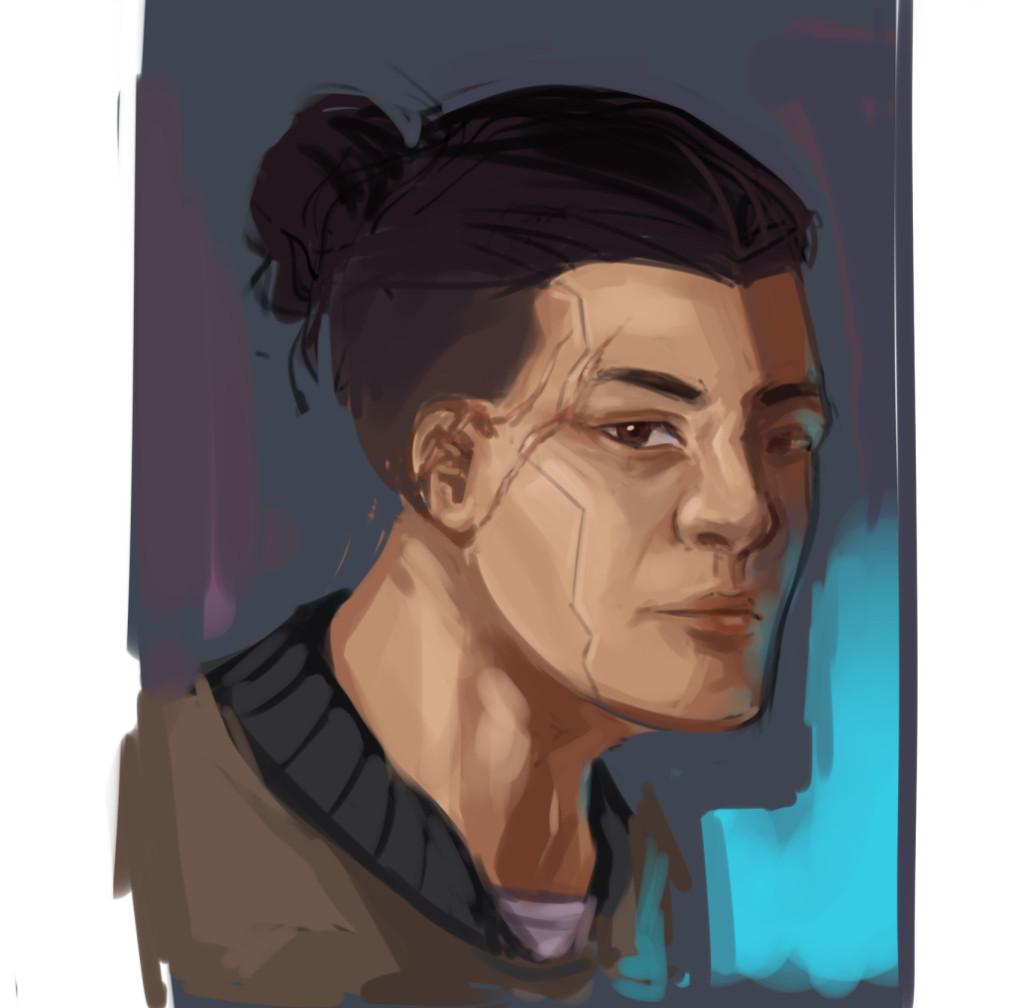Father and boy play catch with a football. The sister does a handstand and splits her legs to form a V. Father throws down the field, through the V, into the arms of the boy. Touchdown, Michigan! The mother and the aunt stand off to the side, cheering. Then they return back to conversation. A dog rolls around on the grass at their feet.
Palmer Field, 3:00PM, 11/23/2023
what can a camera do that a dictionary can’t? it paints by neuron, by light and shadow. pictures worth a thousand words elicit no response. speechlessness is an iron fist. an emotion takes over, hot and fervent and bubbling, and it trembles in my fingertips and slides down the back of my spine. this is what it means to live in this pinprick of reality: between pages of characters that build worlds behind the back of your eyes. between photobooks of tyranny, of sunshine, of delicious meals and happy families, of you, and only you.
How good dinner was yesterday! Nobody was on their screens, everybody was having fun playing…
Booksweet, 8:00PM, 11/22/2023
we are bonded beyond eternity to the screens that ru(i)n our lives. i wonder if they will have a place to sit in the future. let the phones eat, crows the mother. the child stacks a row of electronics around a tea party table. they feast on our information and suck the binary marrow out of our bones. airplane mode is on, but there are no more airplanes — they were hunted to extinction years ago. the smoking fuselage, wild with spice and oil and crispy metal skin, sits in the middle of the dinner table. father raises the knife. the world turns black.
This is going to be our last game! We’re graduating! Come here.
Michigan Stadium, 1:00PM, 11/25/2023
the campus hibernates for a week. the bus stations lie empty, perhaps in anticipation or fear. nobody wants to poke the sleeping dragon, wake the transient wolverine. a stadium roused to madness, doused with a frigid, fracturing, fractal wind. it crawls up your skin and burrows with infinitely thin claws. is every culture a mosaic, or is every mosaic a component of culture? will you find the pigskin stained on church windows or raised on the top of flagpoles? of course, the answer is yes.






